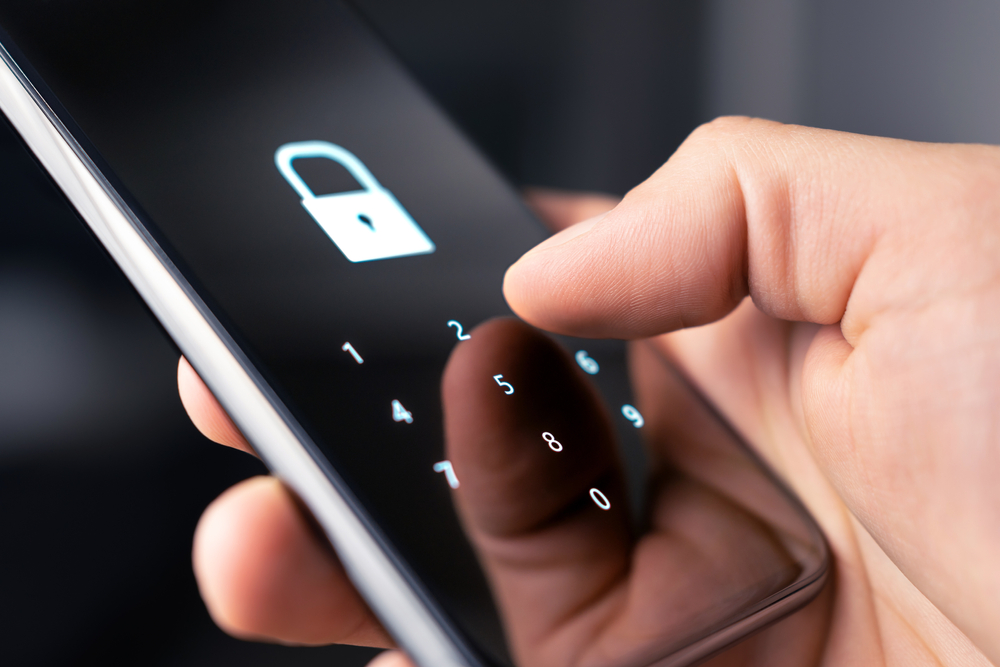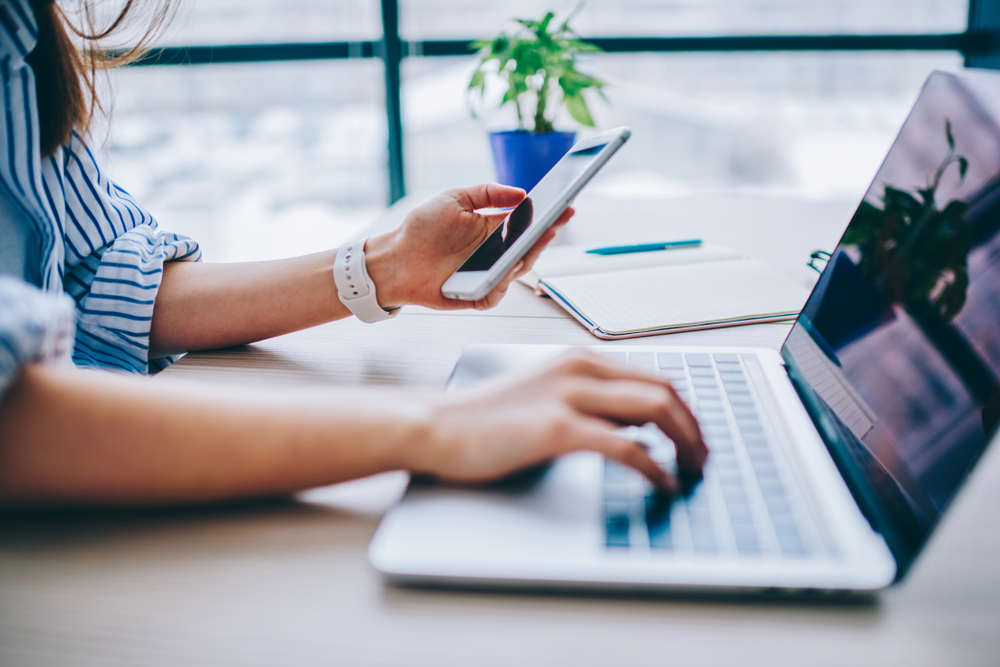Three smartphone cybersecurity tips everyone should follow
![Woman sitting down and using smartphone in profile]](https://cdn.mos.cms.futurecdn.net/9T33bHBk2XZ2pzrRyQysz5.jpg)
It's hard to believe that so much information can fit in the palm of one's hand. But that's the reality of modern smartphones. Tiny, portable devices with enough processing power that only a few decades ago, they might have been considered supercomputers.
For some of us, smartphones are multimedia entertainment hubs, used for streaming and playing a laundry list of mobile games. For others, they're our lifeline to the world around us, our sole means of keeping touch with friends and family. Still others effectively use their mobile devices as handheld offices, working and managing their finances entirely on the small screen.
Most of us have, at one point or another, used our phone for all of the above tasks. Most of us have our entire lives on our smartphone, such that seeing it lost or stolen would be catastrophic. And yet somehow people still don't take smartphone security seriously enough.
It's a problem.
More than anything else, complacency is a hacker's best friend. Most criminals are career opportunists looking for an easy score. They aren't interested in complicated algorithms, nor do they care about challenging themselves with cracking advanced encryption.
They're looking for the path of least resistance. You owe it to yourself to ensure that your smartphone isn't it. Let's talk about a few ways you can do exactly that.
Exercise caution when downloading apps

Everyone knows how insecure Android can be. The prevalence of data mining, data leaking, or outright malicious apps on the Google Play store is a well-worn tale at this point. It's only natural, then, that you'd need to practice a bit of mindfulness when downloading a new app for your Android device.
But iOS doesn't suffer from the same problem...right?
Wrong. The belief that iPhones are somehow less vulnerable than Android devices has no actual basis in reality. Ironically, if you're a power user, the opposite is actually true.
"You can buy an Android and lock it down fairly easily," writes Forbes cybersecurity contributor Zak Doffman. "Not so with an iPhone. Apple makes its devices harder to attack, but also harder to protect. You're reliant on [them] to do the work for you...the security risks between the two platforms are now balanced."
In other words, it doesn't matter what mobile operating system you use. You need to be careful.
Lock down your data

Most of us have some pretty sensitive stuff on our smartphones. Photos we don't want anyone else to see, emails that contain sensitive or proprietary information, logins for accounts like online banking and social media. It's up to us to ensure that data cannot, under any circumstances, be compromised.
There are a few steps involved in that.
Use a remote management tool

Most of our tips so far have been focused around software security. The problem with smartphones, however, is that digital threats are not the only ones you face. Your device can be lost or stolen just as easily as it can be compromised by malicious software.
For that reason, it's important that you install something that enables you to remotely manage, lock, and wipe your device. That way, if your phone ends up misplaced, all you've lost is the physical device, rather than the information it contains.
Be smarter with your smartphone

When it comes to protecting your device and the data it contains, the right security software can make all the difference in the world. Bitdefender Total Security can be that software. Currently selling at a 50% discount, it provides full protection against all the threats you face on your mobile devices, including malicious software, unsecured networks, and theft.
In short, if you want to practice better security hygiene on your smartphone, Bitdefender can help.
Sign up to get the BEST of Tom's Guide direct to your inbox.
Get instant access to breaking news, the hottest reviews, great deals and helpful tips.
